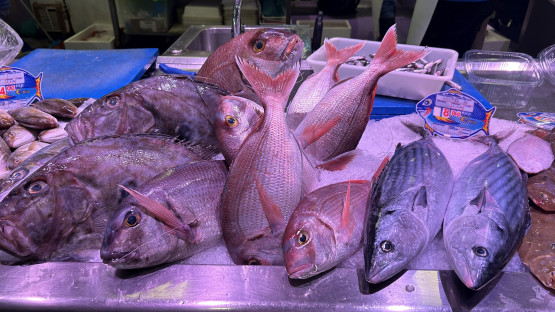Seafood is one of the most globally traded food commodities and is critical to food security and livelihoods. Rich in energy, proteins and nutrients such as omega-3 fatty acids, minerals and vitamins, seafood consumption per capita has doubled since the 1960s and is projected to double again by 2050.
However, fraudulent practices in the seafood sector are a growing global concern. They undermine food safety, consumer trust and economic stability. The IAEA, through its Joint FAO/IAEA Centre of Nuclear Techniques in Food and Agriculture, is launching a five-year coordinated research project (CRP) to help countries strengthen food control systems to detect and prevent seafood fraud.
The project aims to protect consumers and producers while promoting fair trade in the fisheries and aquaculture sectors.
The IAEA will use nuclear and related techniques to build scientific capacity, ensure product authenticity and enhance resilience and transparency in seafood supply chains.
One planned output will be to create reference databases of isotopic and molecular fingerprints for various seafood products, to feed into digital food traceability systems.




